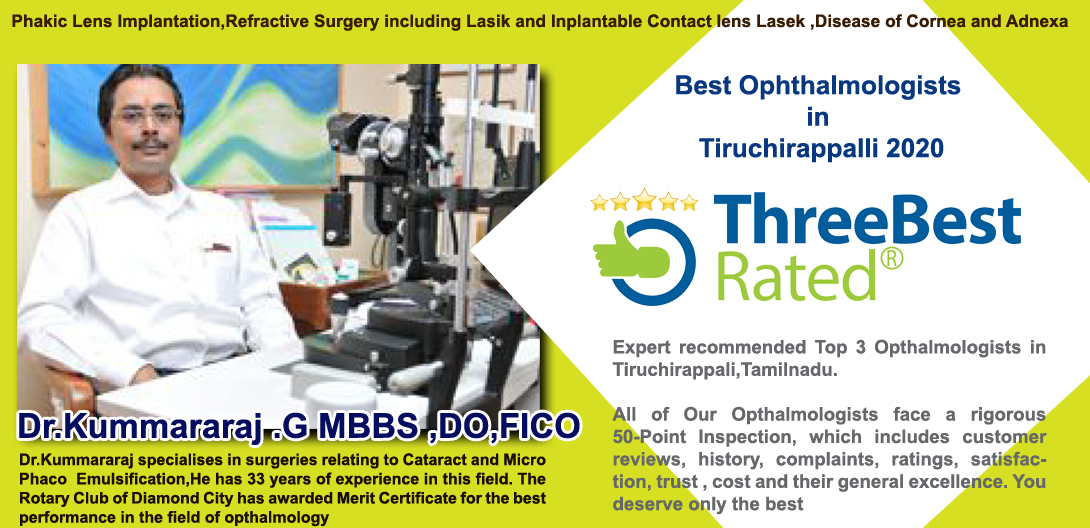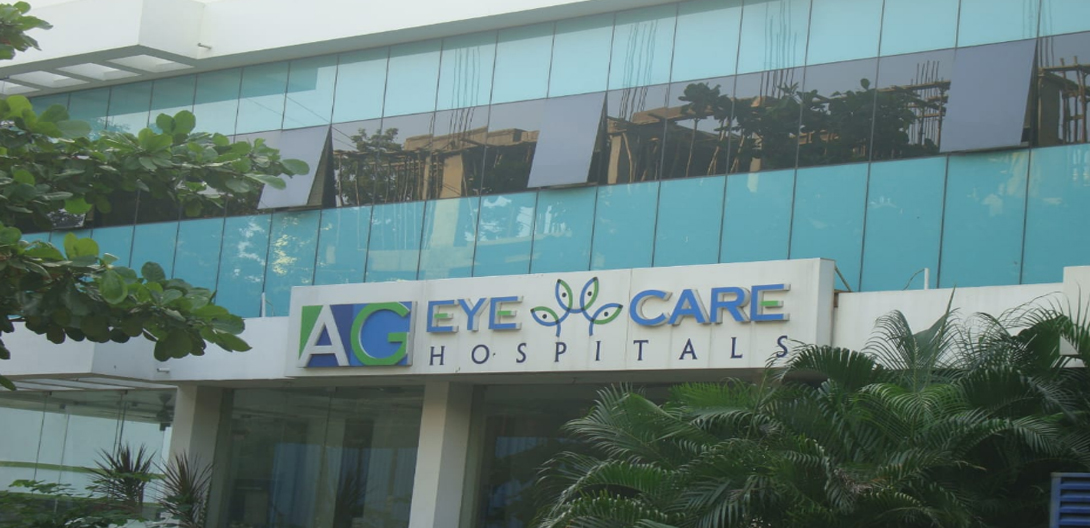The term "vision rehabilitation" includes a wide range of professional services that can restore functioning after vision loss, just as physical therapy restores function after a stroke or other injury. Vision rehabilitation services allow people who have recently lost vision, are blind, or have low vision to continue to live independently and maintain their accustomed quality of life.
- Communication skills: reading and writing, braille, and assistive computer technology
- Counseling: to help you, your spouse, family members, and friends adjust to your vision loss
- Independent living and personal management skills: home modifications, home repairs, personal self-care, financial management, recreation and leisure activities, and using the telephone
- Independent movement and travel skills: moving about safely indoors, using transportation, and traveling safely outdoors with a long white cane or other device
- Low vision evaluations and training with low vision devices: the low vision examination, bioptics for driving, low vision optical devices, and non-optical devices, such as held magnifiers, special reading glasses, telescopes, and high intensity lamps that can make the best use of remaining vision
- Vocational rehabilitation: Getting back to work after a vision loss, or breaking into the workplace as a job seeker with blindness or low vision, including vocational evaluation and training, job training, job modification and restructuring, and job placement.








